Posted On: October 29, 2020 by Community HealthCare System in: News
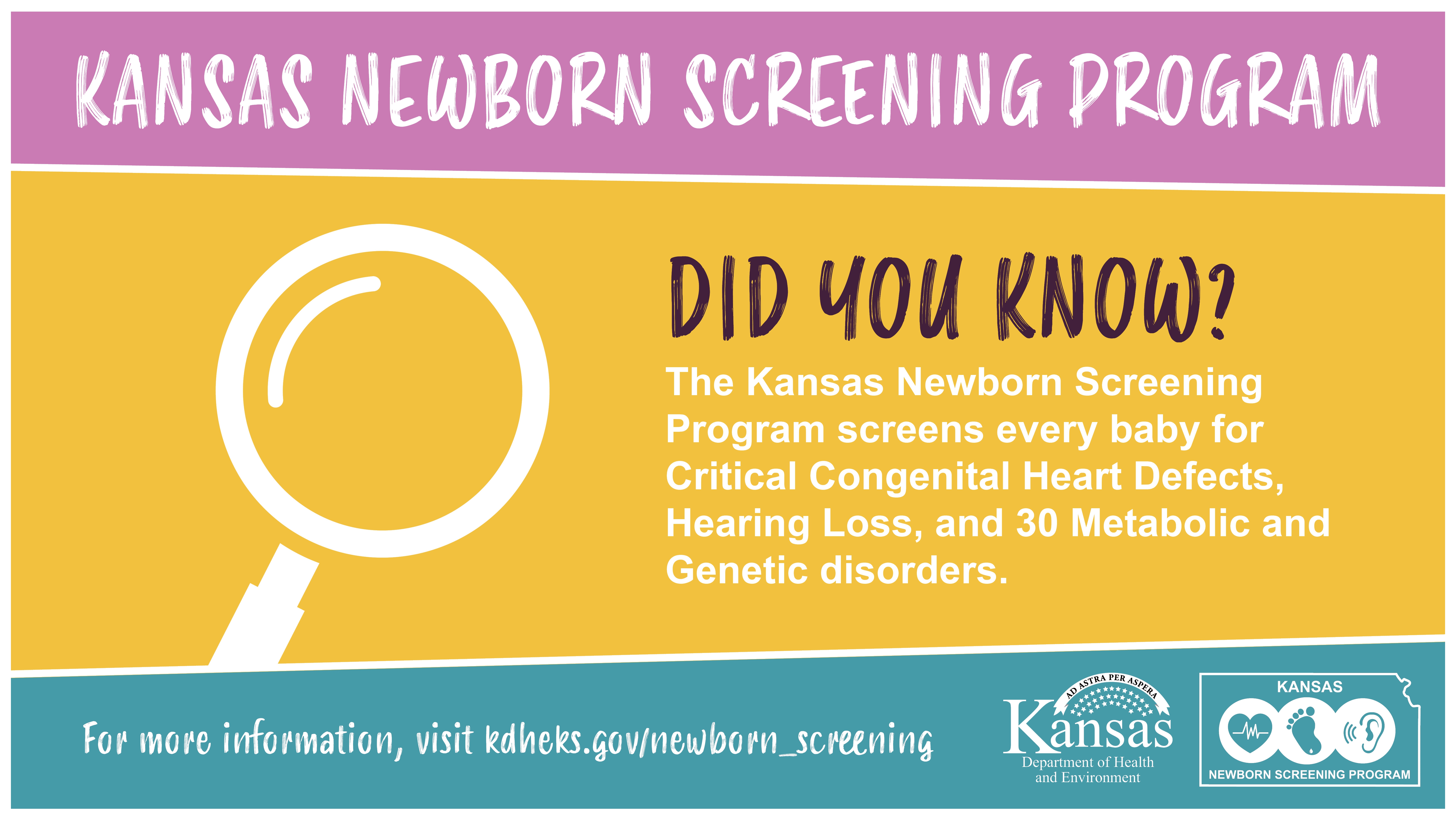
When babies are born, time is of the essence to screen for problems that could cause developmental disability or severe illness.
The Kansas Newborn Screening Program, a collaboration between public health, hospitals, providers, and the parents of newborns, has provided essential screenings at no cost to families since 1965. Community HealthCare System, or CHCS, is among the Kansas hospitals being recognized for meeting or exceeding screening goals.
Required screenings include those for critical congenital heart defects, hearing loss, and metabolic and genetic conditions. Facilities strive to meet benchmarks for conducting tests and collecting necessary lab specimens. According to materials from the Kansas Department of Health and Environment, meeting the goals requires dedication to higher screening standards and continual improvement, and birthing facilities or those who care for newborns must use consistent training, efficient protocols, and effective internal communication.
“When a baby is born, a lot of things have to happen in a short period of time to ensure that the baby is healthy and gets whatever it needs to thrive,” said Mindy Olberding, CHCS chief nursing officer.
“Our Birth Center team and our providers are proud to support families and put their minds at ease by providing timely screening of newborns so we catch any problems early,” Olberding said.
Community HealthCare System was recognized for:
- Successfully submitting complete demographics for all newborns;
- Screening 100% of newborns for critical congenital heart defects;
- Collecting metabolic screening samples before babies reach 30 hours of age; and
- Exceeding lab sample transit time goals.
Katie Kufahl, RN and Birth Center manager, said CHCS lab staff and providers work well with the Birth Center team to ensure that all tests take place in a timely fashion while avoiding disruptions in the family’s bonding experience with their new baby.
“We work to make the tests as inobtrusive as possible. Our staff understands the importance of the new family’s first few hours together, and we are able to conduct crucial tests quickly to make sure babies don’t need additional treatments or medical attention,” Kufahl said.
“We’re always grateful for the efficiency and flexibility of our lab and other associates who are involved in testing,” she said.
Find out more about the Kansas Department of Health and Environment Newborn Screening Program.




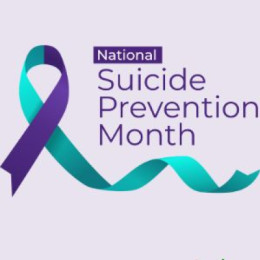
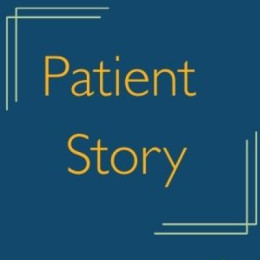
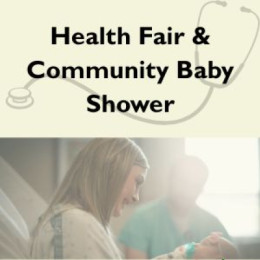

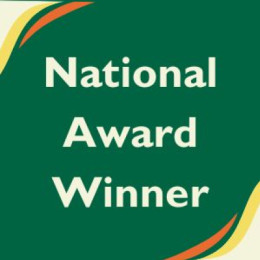
0 comments